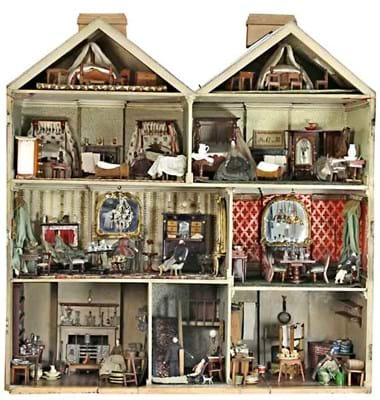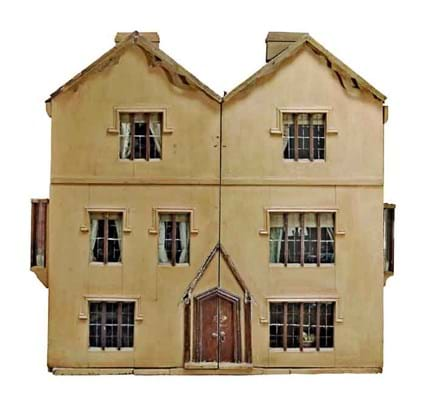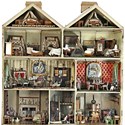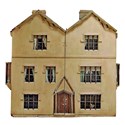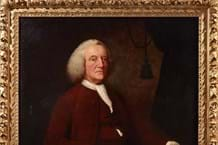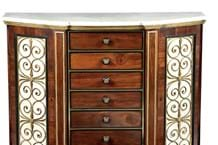The client, who had owned it for more than 40 years, was anxious that the house and its contents should stay together and agreed that 'sale by informal tender' was the best way to proceed. This flexible form of sale is more common when dealing with land and property than it is when selling antiques.
In short, the vendor has the right to choose an offer that may not necessarily be the highest but the one they feel happiest with. Potential buyers are informed as to the position of their bid and if they are minded to, they can adjust their offer.
Parties from across the country expressed interest and many submitted tenders at the end of last month. After much consultation, Chorley's client was pleased to accept an offer of £42,450 (nearly three times the original estimate) from a dolls' house collector.
The 4ft (1.22m) high dolls' house was made in 1850 by Mr and Mrs Newton of Liverpool for their daughter Emma when she was six. Mr Newton, a lawyer, was a keen amateur carpenter and it was he who designed and made the house and most of the furniture that adorns its nine rooms.
Mrs Newton made all the furnishings and bedclothes while, during family holidays abroad, dolls, china, glass and utensils made in Switzerland and Germany were added to the decor.
Moving to Yorkshire when Emma married the Rev Usher Miles (they had five daughters), the doll's house journeyed with later generations of the family through Worcestershire to Cheltenham, where it was purchased by the vendor in 1972.

